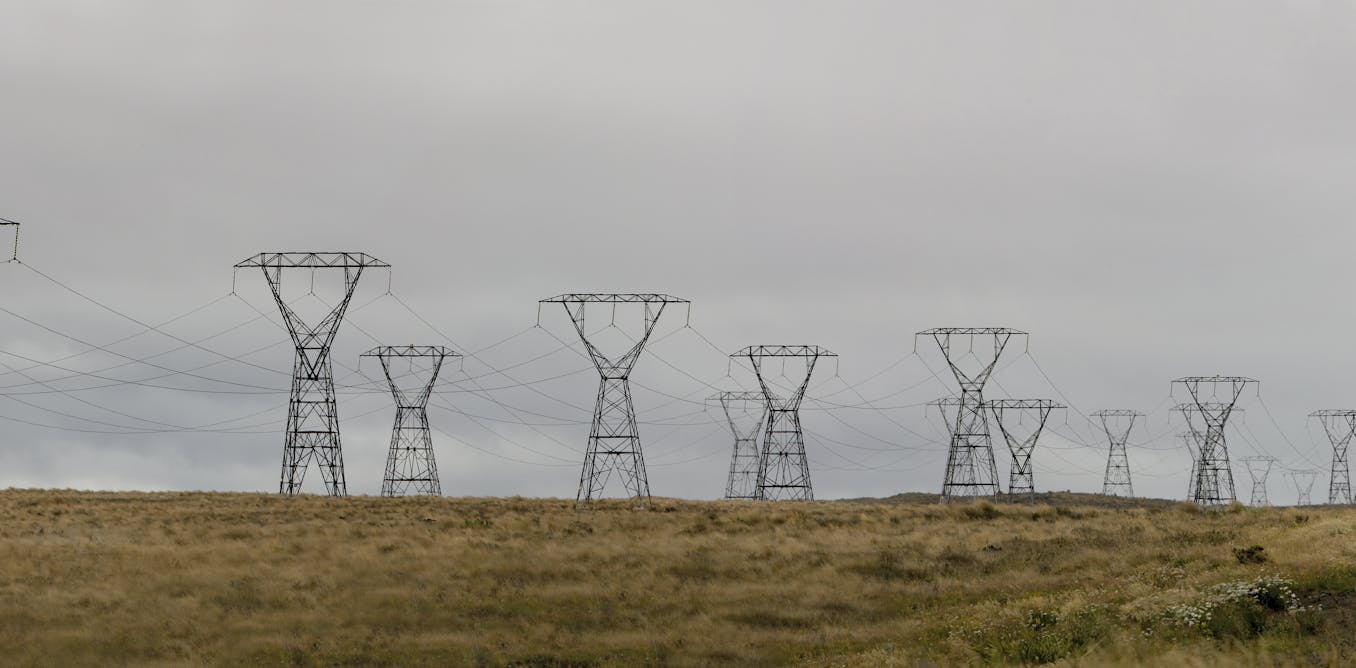Competition is seen as a panacea in electricity markets: if only we had more, prices would be lower, and investment and supply security would be higher.
Politicians love this story because it offers respite when electricity prices rise. Just unleash regulators and competition authorities to “fix” competition barriers – problem solved (for now).
Encouraging retail competition becomes a priority. Consumers are slow to change retailers, even if they could save hundreds of dollars a year, which is seen as a brake on competition.
Regulators and policymakers therefore champion price comparison services and other measures to encourage electricity customers to shop around.
Also, standalone retailers often protest they can’t access generation from their rival “gentailers” – firms that combine electricity generation and retailing – on fair terms.
If only they could – and customers more keenly switched providers – retail-only companies could provide stiffer competition. Their solutions include lobbying for gentailers to be broken up, or forced to supply retailers on the same terms as the gentailers’ own retail arms.
The trouble is, if we misidentify the causes of lacklustre electricity market competition, our solutions may only make things worse.
Rather than the lack of competition being about too little customer switching and barriers to retailers entering the market, the more likely cause is too much of both.
Hit-and-run retailers
For the big gentailers (such as New Zealand’s Mercury, Meridian, Contact and Genesis) to face more competition, we need either more gentailers or other ways to achieve the benefits of gentailing. Those benefits are twofold:
combining generation with retailing effectively manages the huge risks standalone generators or retailers face when they buy and sell on wholesale markets, where prices are highly volatile and can rise to levels that kill businesses; in turn, this helps gentailers finance investment in generation
and gentailers only need to add one profit margin to their generation cost when setting retail prices; separated generators and retailers add separate margins, which can accumulate to more than what gentailers alone charge.
Separating generation from retailing is therefore a bad idea – if you want lower prices and better investment, you probably want more gentailing.
But why can’t separated generators and retailers replicate these gentailing advantages through long-term contracts? Because generators incur large investment costs to be recovered over many years, so to finance their investments they need long-term revenue security.
Standalone retailers can’t credibly sign contracts offering that security. If they do, new retailers (which can be set up relatively cheaply) can steal their customers when wholesale prices fall below the level of those long-term contracts.
If retailers do sign long-term contracts with generators, they risk failing when exposed to such “hit and run” competition by rival retailers – or they renege on those contracts to survive.
Generation investors see this coming, so don’t contract long-term with standalone retailers. Result: lack of viable investment and competition by separated generators and retailers.
The right kind of competition
To resolve this, we would need to eliminate hit-and-run retail entry – first, by making it harder for customers to change retailers if wholesale prices fall below long-term contracted prices.
This could be achieved by requiring retail customers to sign up to long-term retail contracts themselves, rather than being able to flexibly change retailer. Ironically, price comparison websites take us in the wrong direction.
Second, new retailers could be required to have either their own generation – be gentailers, in other words – or have long-term supply contracts in place with generators.
Counterintuitively, this actually makes it easier – or at least more sustainable – for retailers to enter the market, because they know they won’t face hit-and-run competition if they do.
This also means generators can more confidently sign long-term contracts with retailers. Retailers wouldn’t then need to convince regulators to force gentailers to supply them, as they can secure their own supply through contracting.
Standalone retailers might object that they would do this now if they could. But generators can’t supply standalone retailers given the current long-term contracting uncertainty.
Fix that uncertainty – by increasing the ability of retailers to commit to long-term contracts – and both generators and retailers win. Ultimately, this means gentailers face more credible competition, which also means consumers win.
By discouraging the wrong kind of competition (rather than promoting it), genuine competition can be made more durable and effective. That would support long-term investments by generators, and also investments by retailers in innovative services that benefit consumers.
Neither is possible when customers can change retailers with ease, and retailers face hit-and-run competition. If we want more competitive electricity markets, we need to encourage the right type of competition – by discouraging the wrong type.

